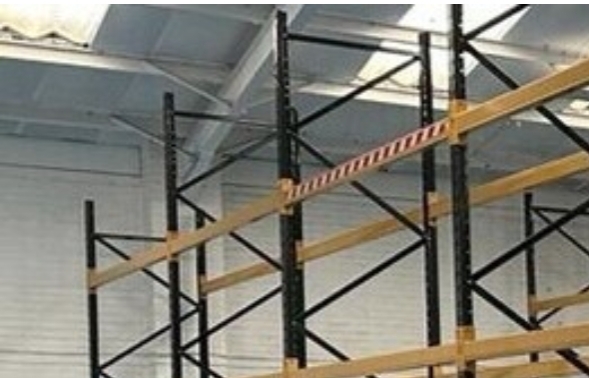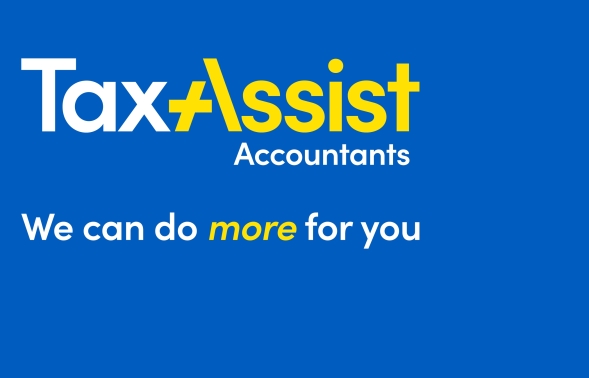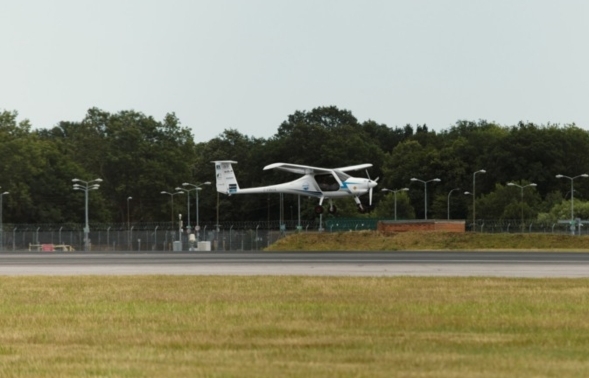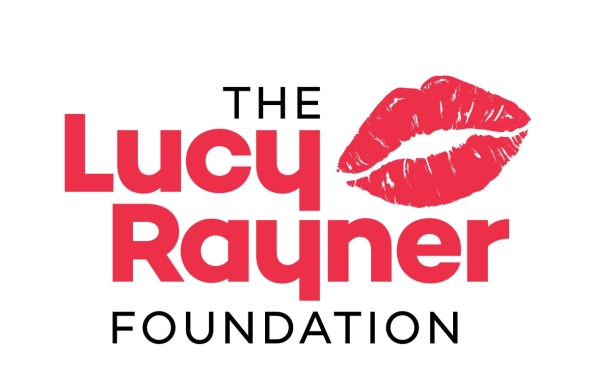RandDTax is one of the largest independently owned specialist R&D consultancies in the UK. We have helped over 1,390 companies gain more than £162 m in tax relief and tax credits, whilst maintaining a 100% success record, yet we are small enough to care and give personalised service.
What is the Research and Development tax credit scheme?
Research and development (R&D) tax credits is one of the government's top incentive designed to reward UK companies for investing in innovation and increase spending on R&D activities. When companies take a risk and spend money on developing new or enhancing existing products, services or processes, they can claim an R&D tax credit to receive either a cash payment and/or corporation tax reduction. R&D can occur in any sector: whether it is a food industry or chemical engineering, advances in healthcare or digital development.
Who is eligible?
To be eligible for R&D tax credits, the company must be a limited company in the UK and have undertaken qualifying research and development activities, spending money on these.
There are two variants of the scheme, depending on the size of the company: the SME R&D tax credits scheme and the large company (RDEC - Research and Development Expenditure Credit). Small companies that have received subsidies or grant funding may need to use the large company scheme. The small company's scheme is much more beneficial - paying the company upwards of 19% (typically 24.75%, maximum 33.35% depending on taxable profit/loss) of qualifying R&D costs. The large company scheme typically benefits by just under 10% of R&D cost.
What qualifies?
The key eligible activity is resolving scientific or technological uncertainties. This might be achieved in many ways: for example, iterative development, prototyping, proofs of concept, experimentation and testing.
What can you claim?
The boundary of the R&D costs you can claim are those that relate to resolving the scientific or technological uncertainties you face. These differ in nature from the commercial project and the entire development project which might include routine work and elements not related to R&D. Costs you can claim are staff costs, subcontractors, externally provided workers, consumables, software.
What if I am already claiming?
Although many companies are well aware of and already benefit from the amazingly generous R&D tax relief/credit scheme that both HMRC and the UK Government want to promote, only a small minority of companies are actually claiming the correct amount.
In fact, a high proportion of incorrect claims involve either underclaiming or overclaiming: resulting in companies either missing out on monies owed or overstating their R&D activities leaving companies vulnerable to lengthy HMRC enquiries.
Whilst maximising the value of your claim seems a reasonable thing to do so as not to miss out on vital cash, maximising it without strong evidence of qualifying activity is a risky undertaking, which raises an instant red flag for HMRC, meaning instead of a cheque you might receive a letter triggering a lengthy and unpleasant enquiry and a long delay of your claim.
Knowing what you can and can't claim for is a crucial part of the process. HMRC allows only specific categories of expenditure to be included in the R&D claim. Whilst HMRC offers exhaustive guidance on the legislation, it is not always straightforward when it comes to putting all the figures together. The rules for R&D tax credits are complex and nuanced in places, and it is only through experience and a thorough understanding of the different qualifying costs and activities that allows us to prepare robust claims with confidence.
Whilst there are intentionally fraudulent claims being submitted to HMRC as in this recent extreme example of a fraudulent claim, there are cases when inaccuracies and errors creep up in totally eligible claims. It is also common for businesses to unwillingly repeat the same mistakes in subsequent years until the numbers in their claim grow, along with the risks of inquiry and penalties. If R&D is not your daily job, a serious misunderstanding of either the costs calculation or technical evidence preparation processes can jeopardise the claim and leave you with less cash and more stress.
This is why you should think carefully before going solo, and why you really shouldn't underestimate the value of specialist R&D tax advice.
What will I get working with R&DTax?
Our service includes:
- In-depth review of all the company's activities - not just the obvious areas of R&D.
- Interviews with key staff - to discuss the role of all staff.
- Full technical report writing - to reduce the effort required by our clients.
- Guidance on record-keeping improvements - to ensure the claim is as robust as possible.
- Preparation of full R&D report and an easy schedule for accountants to amend CT600s and tax computations.
- Follow up with HMRC until payment is received.
How do R&D Tax stand out from the rest?
We offer a Free Audit for companies that have claimed before, to ensure they are maximising their claim and not exposing themselves to compliance risk through the reports they are submitting or the records they are keeping. Our free audit can identify inaccuracies to optimise your claims, to maximise your benefit and minimise your risk of an investigation.
We also take on and defend cases where bona fide R&D claims are being challenged by HMRC.
We are at the forefront of our industry, sitting on multiple HMRC committees to raise standards and our reputation is paramount. We do far more than just process claims: we guide you through your claim preparation process identifying activities, calculating expenses and putting it into the correct wording to ensure that your claim will stand up to HMRC's scrutiny.
If you have any doubt, we are happy to talk through any concerns you might have and show you how a Free Audit can give you peace of mind and potentially increase you claim.

















